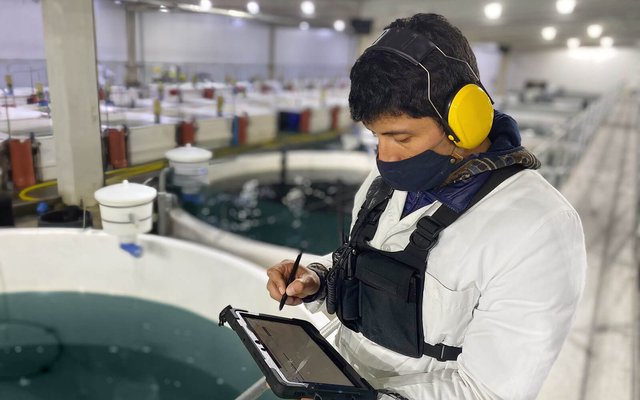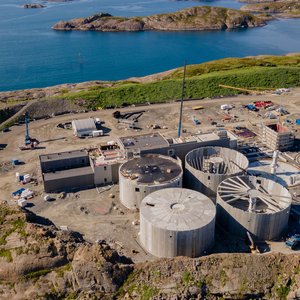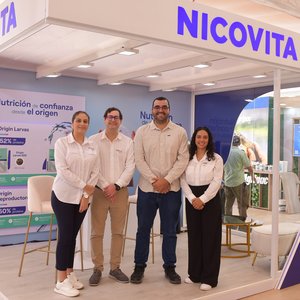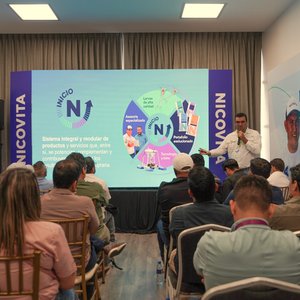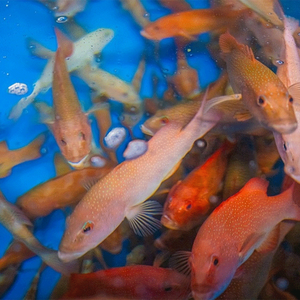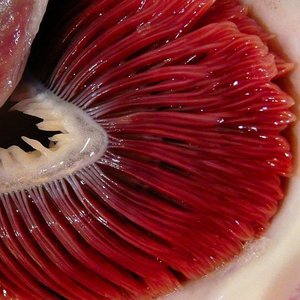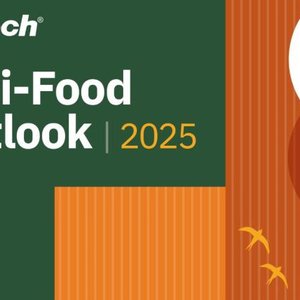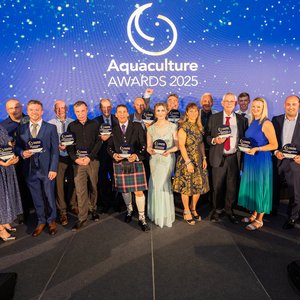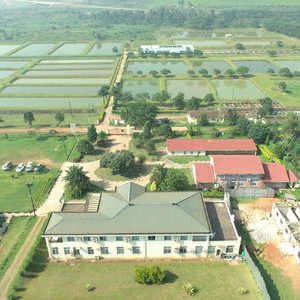Aquaculture data analytics startup Ecto raised $7 million in financing led by the Rabo Food & Agri Innovation Fund and Aqua-Spark. New investor Seventure Partners also participated in the round, joined by existing investors Yield Lab and Vodia Ventures. Ecto plans to use the investment to advance its leading position in the market for digital decision support tools for aquaculture.
The company aims to pioneer structured data capture across the industry to enable producers to use aquaculture industry data to make production more efficient and sustainable. Ecto’s digital infrastructure supports deep integrations with over 100 data sources throughout the aquaculture value chain. Its platform uses multi-generational data that producers already have to automatically build models for the early detection of patterns associated with bio risks. The software covers multiple environmental factors in all key phases of production affecting fish welfare and development, including hatchery, well-boat and truck transport, grow-out, and processing phases. Highly granular parameters related to individual populations and sites are used to generate more accurate performance forecasts than ever before.
“The future of sustainable aquaculture is in data and analytics to reduce preventable issues and human error,” said Ecto CEO and co-founder, Dmitry Kozachenok. “Over the past 15 years, the industry has seen a lot of innovation in hardware, sensors, vaccines, genetics and feed engineering, but the majority of industry data is locked on paper, spreadsheets and disparate software systems. Our goal is to build analytical connective tissue between all parts of production to drive evidence-based insights that improve habitat welfare, reduce economic losses for producers, and further advance the sustainability profile of the industry.”


